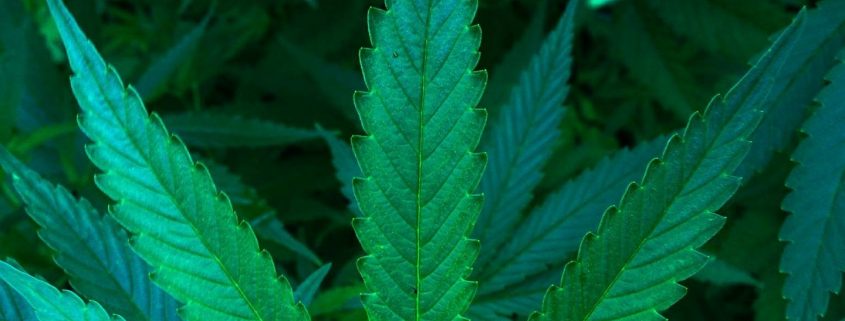How California Cannabis Retailers Compute And Pay Taxes For Cannabis Acquired Before January 1, 2018 That Is Being Sold Now
New cannabis taxes have been in effect in California starting January 1, 2018. Beginning January 1, 2018, licensed distributors who supply you with cannabis or cannabis products are required to calculate and collect the 15% cannabis excise tax from you. When you sell those items at retail you are required to collect the cannabis excise tax from your customer. But what are your excise tax obligations for cannabis acquired before January 1, 2018 and sold after December 31, 2017?
The administration and enforcement of the cannabis taxes is under the authority of California Department Of Tax And Fee Administration (“CDTFA”).
For sales of cannabis from your inventory acquired prior to January 1, 2018… you are required to collect the 15% cannabis excise tax from your customer when you sell those items and then pay that amount to a licensed distributor with whom you have established a business relationship.
To collect the excise tax from your customers, apply the 15% excise tax to the “average market price”.
The average market price can be calculated as either:
- Your gross receipts, which is the retail selling price to your customer, or
- Your wholesale cost plus a markup determined by CDTFA.
The examples below illustrate the two methods to calculate the average market price and apply the 15% excise tax on your sale to your customer. Both examples assume that your retail selling price to your customer is $100 and the sales tax rate is 8% (your actual sales tax rate may be different):
Option #1 Based on your gross receipts.
| Retail selling price |
$100.00 |
|
| 15% excise tax ($100 x 15%) |
$15.00 |
|
| Total gross receipts ($100 + $15) |
$115.00 |
|
| 8% sales tax ($115 x 8%) |
$9.20 |
|
| Total amount due ($115 + $9.20) |
$124.20 |
You must pay the $15.00 excise tax collected from your customer to a licensed distributor with whom you have a business relationship. The sales tax is due on your total gross receipts, which includes the excise tax. You must report and pay the $9.20 in sales tax on the quarterly sales and use tax return you file with the CDTFA.
Option # 2 Based on your wholesale cost plus a markup predetermined by the CDTFA.
The markup rate percentage is currently set at 60% and is not meant to be used to determine the markup on your product that you sell to your customers. This markup rate is determined by the CDTFA every six months.
| Your wholesale cost |
$75.00 |
|
| 60% current markup ($75 x 60%) |
$45.00 |
|
| Average market price ($75 + $45) |
$120.00 |
|
| 15% Excise tax due ($120 x 15%) |
$18.00 |
You must pay the $18.00 excise tax collected from your customer to a licensed distributor with whom you have a business relationship.
The sales tax is a separate computation as follows:
| Retail selling price, including excise tax ($100 + $18) |
$118.00 |
|
| 8% sales tax ($118 x 8%) |
$9.44 |
|
| Total amount due |
$127.44 |
The sales tax is due on your total gross receipts, which includes the excise tax. You must report and pay the $9.44 in sales tax on your quarterly sales and use tax return you file with the CDTFA.
Required Statement To Include When Invoicing Your Customers.
When invoicing your customer, you are required to add the following statement on the invoice or receipt to your customer: “The excise taxes are included in the total amount of this invoice”.
Payment Of The Excise Tax Must Be To A Licensed Cannabis Distributor.
Regardless of which option you choose, you must pay the excise tax you collect to a licensed cannabis distributor by the 15th day of the month following the calendar month you collected the excise tax from your customer. Make sure you receive a receipt from the licensed distributor showing the amount of excise tax you collected and paid to the licensed distributor.
What Should You Do?
It is enough that cannabis businesses have to deal with the uncertainty of the Federal government in enforcing the Federal law that makes it a crime to possess and sell cannabis. Make sure that your cannabis business is in compliance with California Cannabis Taxes by engaging the tax attorneys at the Law Offices Of Jeffrey B. Kahn, P.C. located in Orange County (Irvine), Inland Empire (Ontario) and other California locations. We can come up with solutions and strategies to these challenges and protect you and your business to maximize your net profits.


 Follow
Follow Follow
Follow
